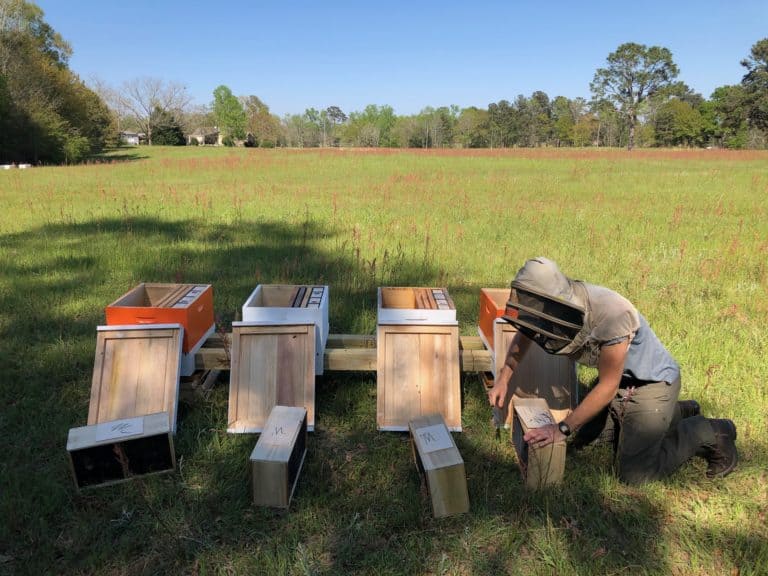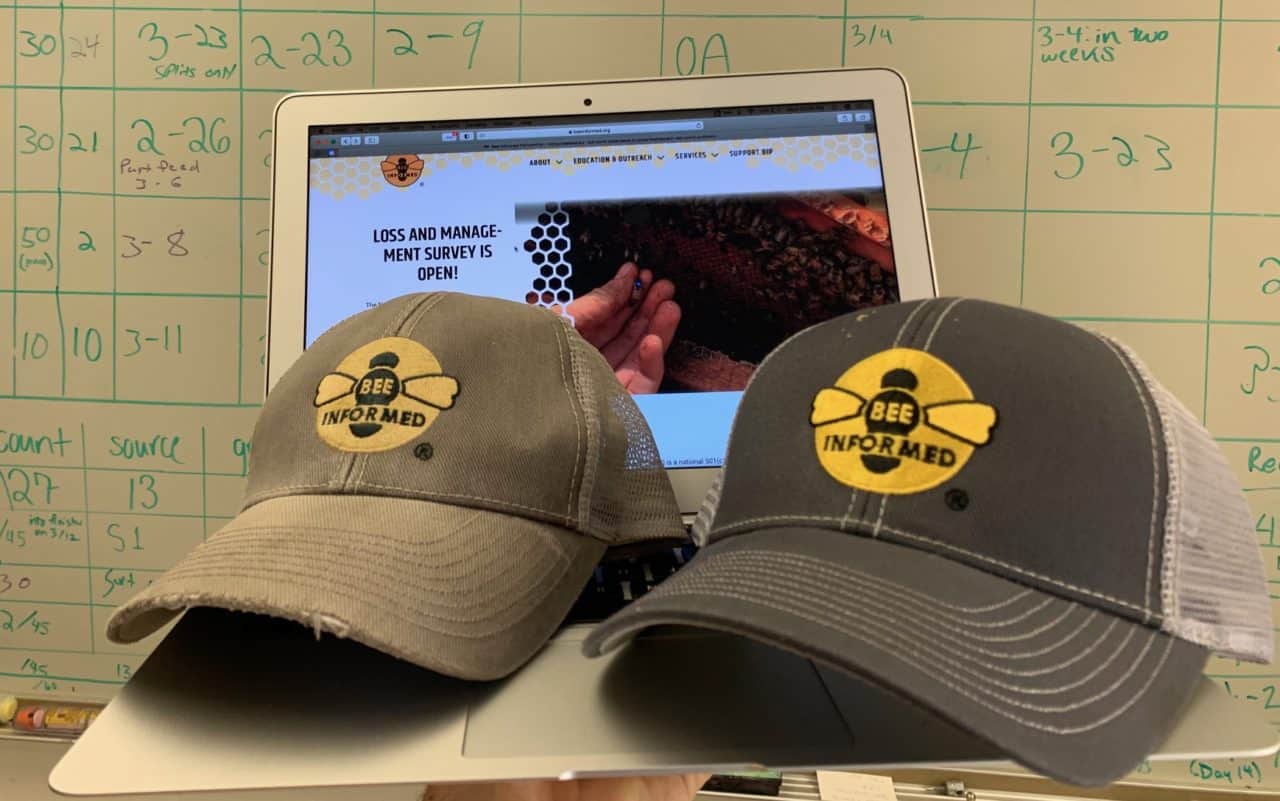Consistency is important. Not only in research but also in our daily lives and beekeeping. For example, as beekeepers we should consistently inspect our colonies for disease, for food stores, for adequate space! This is especially important at this time of the year when bees feel the urge to swarm.
Another consistent activity we hope is in a beekeeper’s calendar: taking The Bee Informed Partnership’s Annual Colony Loss and Management Survey.
As usual, the online survey went live on April 1st. In the first week, almost 2,000 beekeepers have participated. If you haven’t participated taken it yet, please consider doing so here: Take the survey.
This year, we maintained a handful of core questions in the first part of the Survey so that we can more easily compare data with our past 15 years of effort! Therefore, previous participants will recognize the questions in the survey’s ‘Loss’ section.
However, we made a big change to Part 2 – ‘Management Practices’! Beginning in 2021, each year the ‘Management’ questions will rotate and focus on a different management topic relevant to your beekeeping experience. We are starting off this new approach with the topic: ‘New Colonies and Queens’. This is important as in past BIP surveys, many respondents have indicated that they experience “queen issues” both during the winter and the summer. But what are these particular issues? Can these issues be linked to overall colony losses? We are trying to address that this year! Most of us may have experienced the struggle of obtaining, establishing and keeping a new colony alive. Have you ever wondered whether the survival of a new colony is linked to how you obtained them in the first place (either as a package, nuc or swarm for example)? By answering questions like these, you will help us to shed light on these important topics!

We admit that we couldn’t resist to sneak in a few extra management questions. Since the Varroa mite is still a major problem in most colonies, we didn’t want to miss the opportunity to collect information on this important parasite along with a few other seasonal management practices to better understand regional differences. However, by focusing on one or two topics at a time and reducing the number of questions, the survey is shorter than ever before! We know that many of you spent a considerable amount of time filling out the survey in previous years. Thank you for your grit, patience and the great feedback.
If you have questions concerning the Survey, please don’t hesitate to reach out to us. Feel free to check out our FAQs too, since it includes answers to many of the most common questions that we receive each year.
Don’t forget that you can preview the survey for small-scale (less than 50 colonies) or large-scale (more than 50 colonies) beekeepers before completing it. As we rely on word-to-mouth promotion, please share the survey link with your peers and challenge them to take it too.
Thank your for your support and participation!
